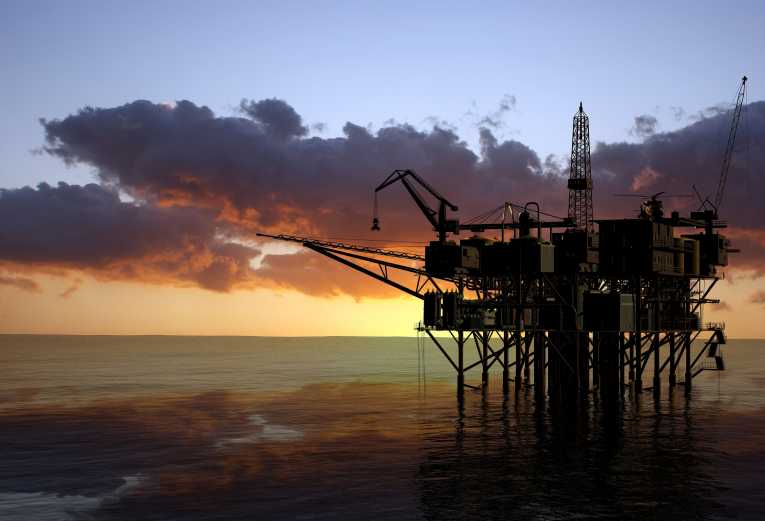An important migration route for whales, dolphins and turtles, along a Western Australian reef, is being placed under threat by plans to drill for oil. That's according to reaction from WWF-Australia, yesterday, to news that the Federal Government there is considering drilling plans put forward by Shell. They are seeking to sink a mile-deep well just 30 miles from a World Heritage-nominated site - the Ningaloo Reef, which is part of Western Australia's fragile Coral Coast.
The WWF says that the dangers of deep-sea drilling for oil are being ignored, despite them being thrown into stark relief by the Deepwater Horizon disaster in the Gulf of Mexico. Amazingly, a similar well blow-out happened in the nearby Timor Sea just two years ago. The Montara well failure was further up the west Australian coast, and created a slick 35,000 sq miles in size, as the PPT oil company wrestled, for over 73 days, to bring it back under control.
Gilly Llewellyn, WWF-Australia's conservation manager, explained the significance of the reef area "Ningaloo is a stunning marine park and the waters between it and the proposed well are home to a blue superhighway that literally provides a migration route for whales, dolphins and turtles."
Deep-water drilling has been shown to pose major risks to wildlife and marine ecosystems, due to the incredible difficulty of quickly plugging wells that fail.
And Shell's own risk assessment offers few grounds for reassurance. Their worst-case scenario has an oil spill that would hit the Ningaloo Reef, as well as the adjacent islands and coastline.
The Australian government has previously indicated that it recognized these dangers. Its review of the Montara spill included proposals for a new regulatory authority, to oversee drilling and exploration. That's supposed to come into effect January 2012. But rather than waiting for the new regime to be put in place, plans are moving ahead for oil exploration near these sensitive areas.
As well as Shell's exploration moves, BP has recently announced plans for seismic surveying of the marine park in the Great Australian Bight. Dr Llewellyn said "Important areas for marine wildlife need to be protected by marine parks and not left open for oil and gas activities. Both Shell and BP’s applications need to be suspended until a national system of marine parks is in place and there is stronger regulatory oversight."










